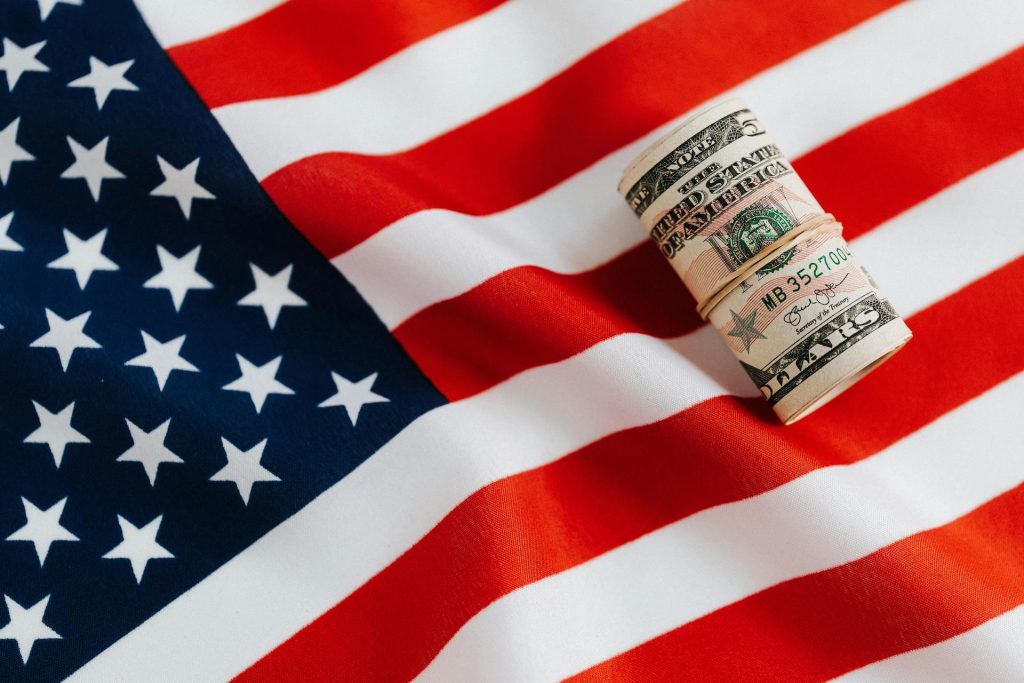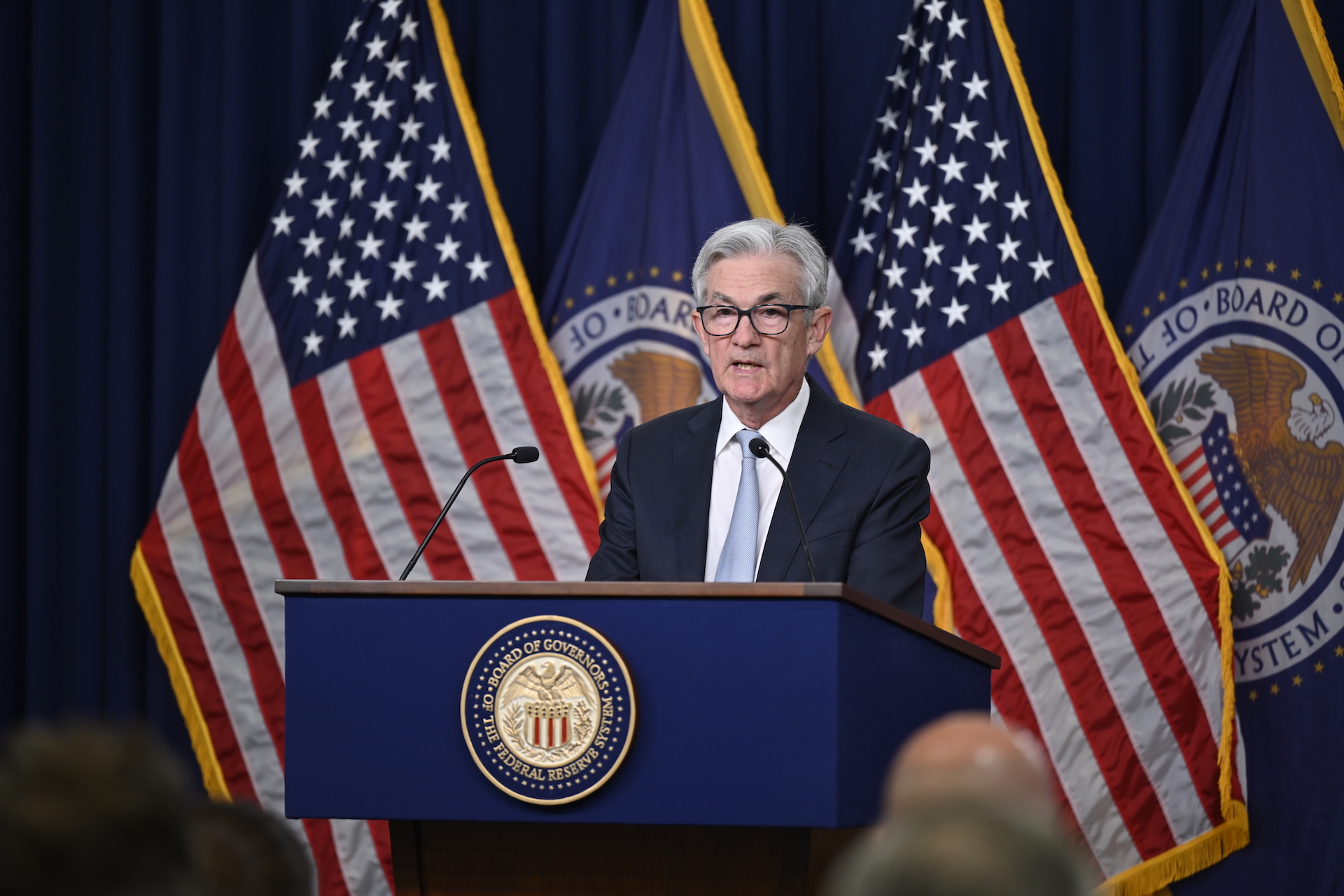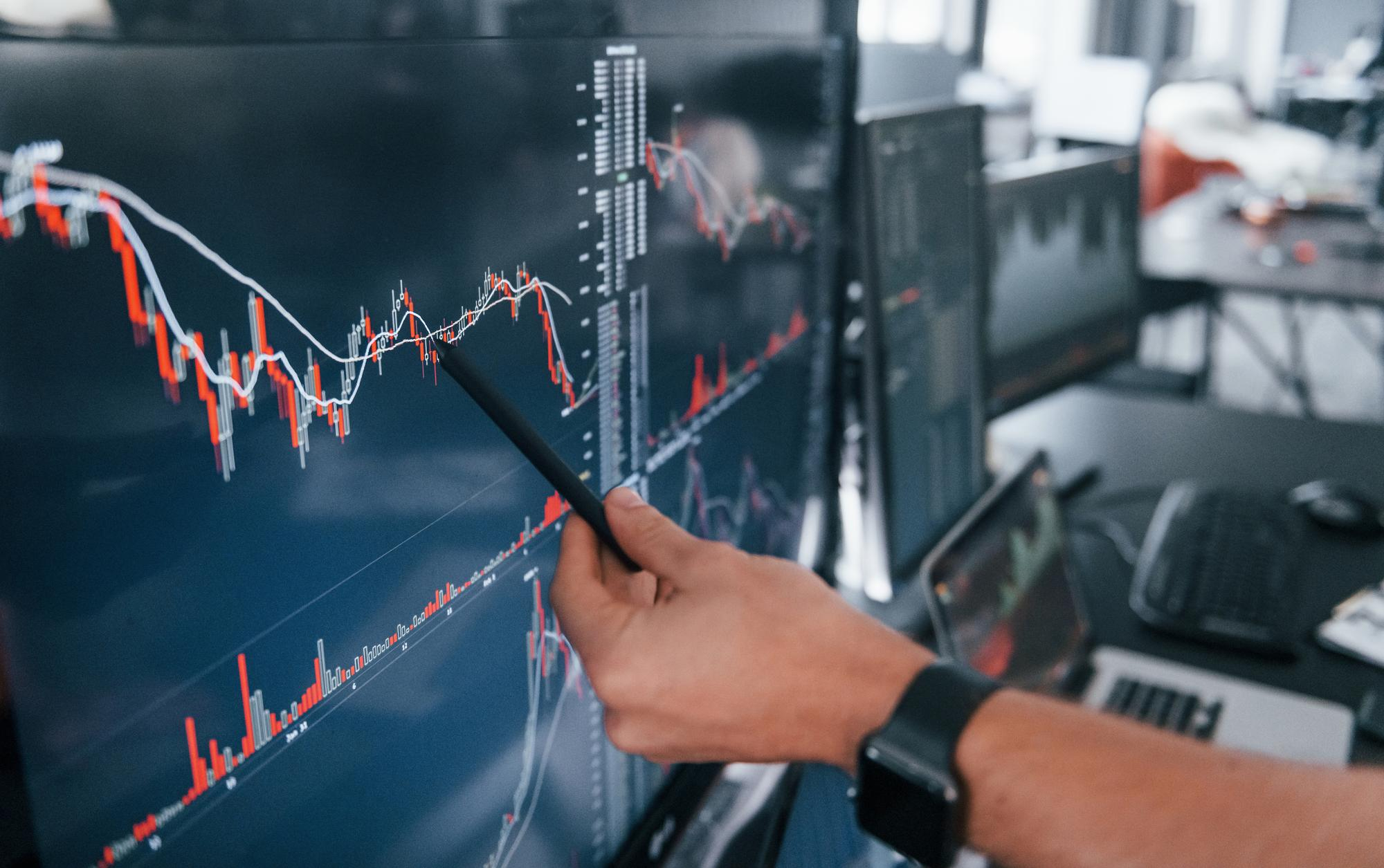Few moves in high-stakes economic policy could be as disruptive as the potential firing of the Federal Reserve Chair. Recently, former President Donald Trump’s controversial threats to remove Jerome Powell, the chair of the Federal Reserve of the United States news, have resurfaced, sparking heated debates. These threats come amid heightened inflation concerns and rising political tensions. But can the president fire the Fed Chairman?
Powell, a seasoned figure in economic policymaking, has led the Federal Reserve through turbulent times. However, Trump’s renewed focus on Powell raises significant questions about the Fed’s independence and the broader impact on inflation rates. Could this shakeup destabilize financial markets and worsen economic conditions? Let’s dive deeper into the implications.
Who Is Jerome Powell and What Does the Federal Reserve Do?
Jerome Powell, appointed as US Fed Chair in 2018, has a rich background in finance and law. His tenure has been marked by efforts to stabilize the US economy through crises, including the COVID-19 pandemic. Known for his steady approach, Powell has prioritized managing inflation, interest rates, and economic growth.
The Federal Reserve’s Role
The Federal Reserve (or Fed) plays a pivotal role in the US economy. It regulates monetary policy, controls inflation, and sets interest rates to foster economic stability. One of its core principles is independence from political interference, which ensures that decisions are based on financial data rather than political agendas.
Trump’s History With Powell and the Federal Reserve
Trump’s relationship with Powell has been marked by persistent tension. His critiques and recent threats reveal a longstanding conflict over economic priorities and monetary policies.
From the onset of his presidency, Trump clashed with Powell, criticizing the Fed’s monetary policies. Trump argued that higher interest rates stifled economic growth and blamed Powell for hindering his administration’s economic achievements.
Trump’s latest threat to fire Powell centers on inflation concerns and the Fed’s cautious stance on interest rates. By suggesting that Powell’s policies are detrimental, Trump has reignited fears of political interference in an institution designed to remain apolitical.
How Firing Federal Reserve Jerome Powell Could Impact Inflation
The potential firing of Powell could introduce significant uncertainty into the Fed’s efforts to manage inflation. Let’s examine the implications in greater detail.
Current Inflation Trends
Inflation remains a pressing issue, but does the Federal Reserve control inflation? The Federal Reserve has implemented measures to control inflation, but the process requires careful calibration. Powell’s sudden removal could destabilize these efforts, leading to market volatility.
Potential Consequences
If Powell is fired, the immediate loss of confidence in the Fed’s leadership could spark panic. Market players might anticipate erratic policies, leading to fluctuating interest rates and compromised inflation control. The long-term impact could be even more severe, with inflation during Trump’s presidency spiraling due to inconsistent monetary strategies.

Broader Economic and Political Implications
Trump’s actions could have far-reaching consequences beyond immediate economic concerns. This section explores how such a move could impact domestic and global economic landscapes.
Undermining Fed Independence
Trump’s threat challenges the fundamental principle of Fed independence. If the president can fire the Fed chair, it sets a dangerous precedent, potentially allowing short-term political gains to override sound economic policies.
Global Repercussions
The US Federal Reserve holds significant influence over the global economy. Any perceived instability could ripple through international markets, affecting trade, investments, and economic relations. US economic credibility may suffer, leading to long-term consequences for global financial governance.
Historical Context and Precedents
History has shown us the dangers of political interference in central banking. By revisiting these examples, we can better understand the potential risks of Trump’s threat.
Like other central banks worldwide, the Federal Reserve was designed to operate independently from political influence. This independence is crucial for maintaining credibility and ensuring that monetary policies are guided by economic data rather than political agendas. However, history offers several cautionary tales of political interference disrupting this balance, often with dire consequences.
One notable example is the US experience in the 1970s. During this period, President Richard Nixon pressured then-Fed Chair Arthur Burns to maintain loose monetary policies, even as inflation began to rise. Nixon aimed to boost the economy ahead of his re-election campaign in 1972. Burns complied, keeping interest rates low temporarily spurred economic growth but ultimately led to runaway inflation.
By the decade’s end, inflation reached double digits, forcing drastic measures in the early 1980s to restore stability. This episode, often called the “Great Inflation,” is a stark reminder of the dangers of subordinating central bank policy to political interests.
International Examples
The risks of political interference in central banking are not limited to the United States. Several countries have faced economic turmoil due to similar interventions.
In Turkey, for example, President Recep Tayyip Erdoğan has repeatedly exerted influence over the country’s central bank, firing governors who resisted his unorthodox views on monetary policy. Despite soaring inflation, Erdoğan’s insistence on keeping interest rates low has led to a severe currency crisis and economic instability.
Another case is Argentina, where political meddling in the central bank has contributed to chronic inflation and a lack of investor confidence. Frequent changes in monetary policy, driven by political rather than economic considerations, have undermined the central bank’s credibility and exacerbated the country’s financial woes.
Lessons Learned
These historical and international examples highlight a critical lesson: central bank independence is a cornerstone of economic stability. When political leaders undermine this independence, the consequences often include heightened inflation, market volatility, and a loss of public trust in monetary institutions.
In the US, the Federal Reserve has generally managed to maintain its independence, even under political pressure. However, Trump’s firing threat to Jerome Powell could set a dangerous precedent, potentially leading future administrations to view the Fed as an extension of their economic agendas. This could erode the Fed’s ability to implement long-term policies for sustainable growth and inflation control.
Examining these historical precedents makes it clear that political interference in central banking disrupts immediate economic stability and weakens the institutional frameworks that support healthy economies.
The potential fallout from Trump’s latest threat is a stark reminder of the importance of safeguarding the Federal Reserve’s independence to prevent similar economic missteps in the future. The US Federal Reserve news could be considered one of Trump’s bad policies.
Expert Opinions and Perspectives
The potential firing of Jerome Powell has sparked intense debate among economists, financial analysts, and policymakers. Many experts agree that removing the Federal Reserve Chair could have far-reaching consequences for the US economy and financial markets.
Not all experts agree on the severity of the potential fallout. Some believe that Trump’s threat is primarily political posturing aimed at rallying his base and deflecting attention from other issues. These commentators suggest that the markets may not react as severely as predicted, especially if a well-qualified successor is quickly appointed.
On the other hand, skeptics argue that the identity of the next Fed Chair is critical. If Trump appoints someone perceived as a political ally rather than a credible economist, it could exacerbate market fears and lead to erratic monetary policies.
Political analysts have also weighed in, noting the broader implications of Trump’s actions. Many see this threat as part of a larger pattern of challenging institutional norms and consolidating power.
Financial market experts have also speculated on potential scenarios. If Powell were to be fired, the immediate reaction would likely include a sharp sell-off in equities and a rise in bond yields.
Investors typically respond negatively to any signs of instability or unpredictability in monetary policy. Furthermore, a prolonged uncertainty regarding Powell’s replacement could exacerbate these trends, leading to a more volatile investment environment.
Some experts believe that even if Powell remains in his role, the ongoing threats and criticisms could undermine his ability to communicate effectively with the markets. The Fed relies heavily on forward guidance to set expectations for interest rates and inflation. If Powell’s authority is perceived as weakened, market participants may start second-guessing the Fed’s statements, making monetary policy less effective.
Looking ahead, many experts agree that this scenario’s broader implications could reshape the relationship between the presidency and the Federal Reserve for years to come.
Possible Scenarios and What’s Next
As we consider the road ahead, several potential scenarios emerge. Each presents unique challenges and opportunities for the US economy and its leadership.
Can Fed Chair be Fired?
Should Trump follow through, replacing Powell would likely be contentious. Markets may experience immediate volatility as investors adjust to potential policy shifts. Moreover, this scenario could become a focal point in the 2024 US presidential race, influencing campaign strategies and voter sentiment.
Future Economic Strategies
If political interference in the Fed becomes normalized, future administrations might adopt similar approaches, further eroding the institution’s independence. This could lead to inconsistent economic policies, harming long-term growth and stability.
Stay Informed About The Market with Vestrado
Trump’s threat to fire Chairman Powell of the Federal Reserve news underscores the delicate balance between political leadership and economic governance. The implications extend beyond inflation control, touching on market stability, global economic confidence, and the integrity of US financial institutions.
At Vestrado, we empower traders to stay informed about the latest financial and political developments that can impact their trading strategies. In an era of economic uncertainty, having the right tools and insights is crucial for making informed decisions.
Take your trading to the next level with Vestrado. Our app offers real-time market updates, expert analysis, and advanced trading tools to help you navigate market volatility. Start Trading with Vestrado Today and seize opportunities in any market condition.





